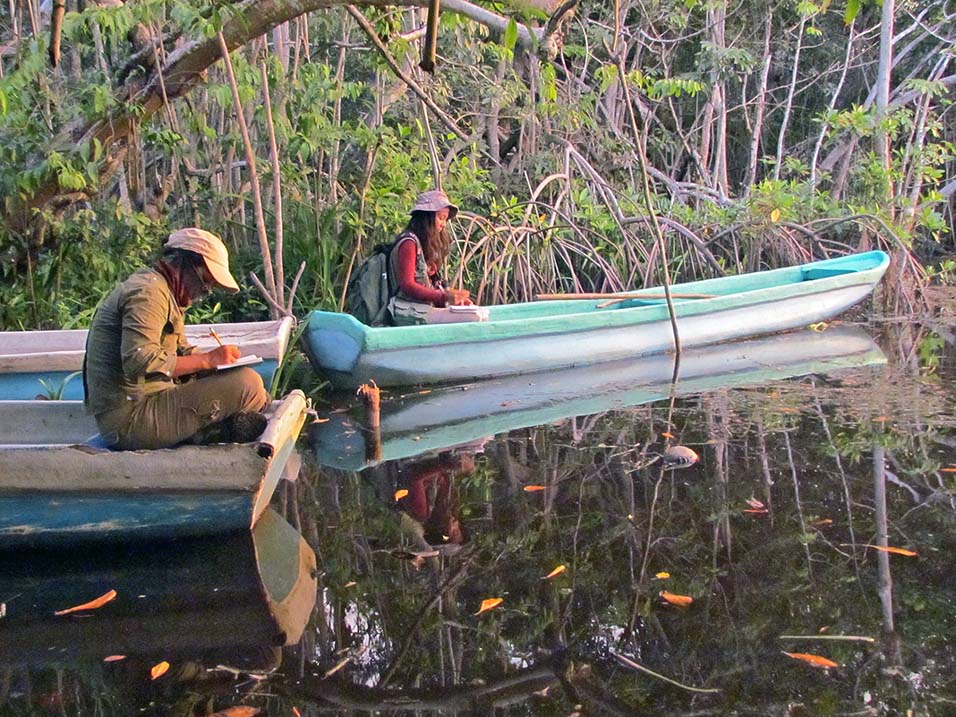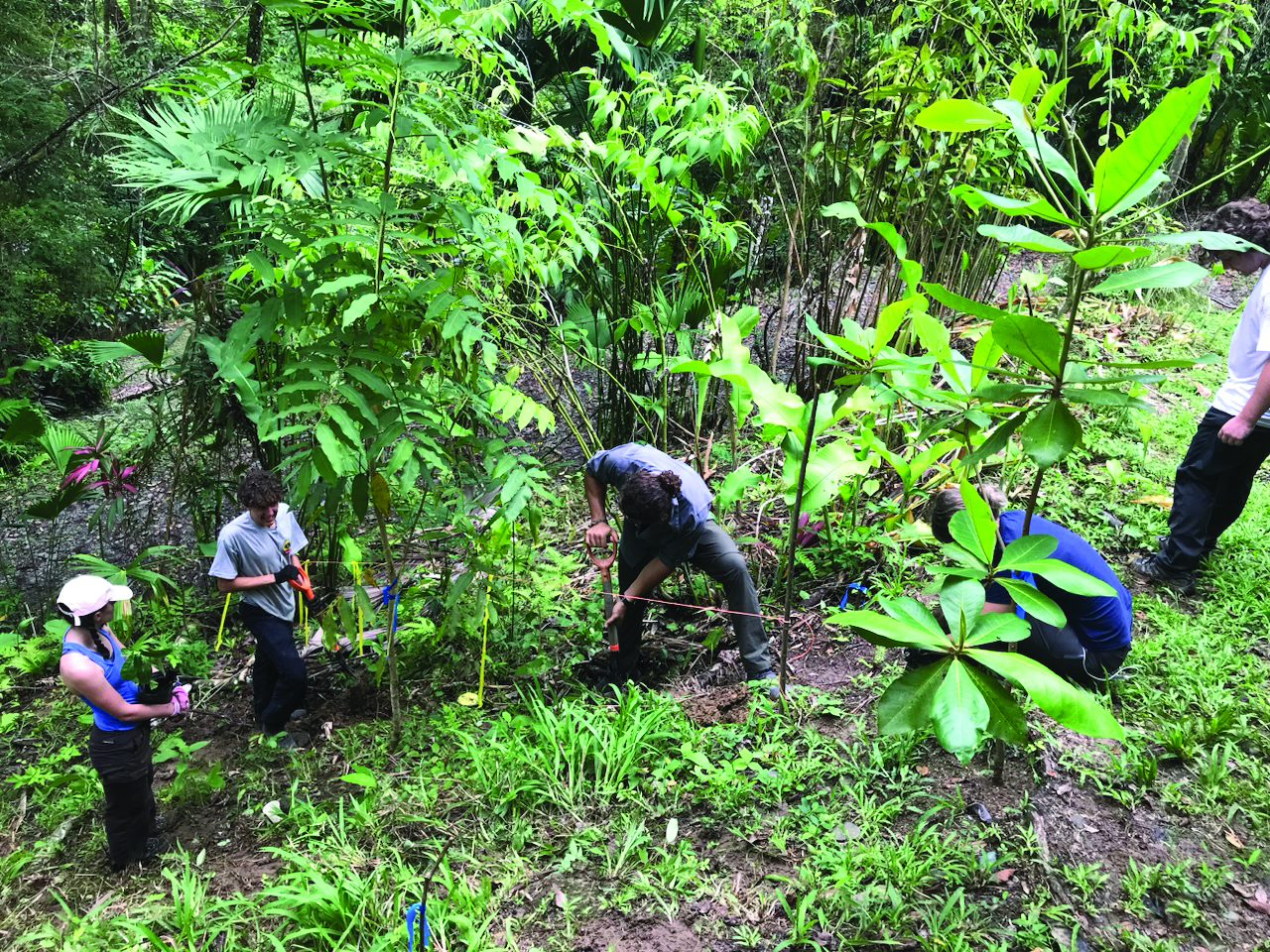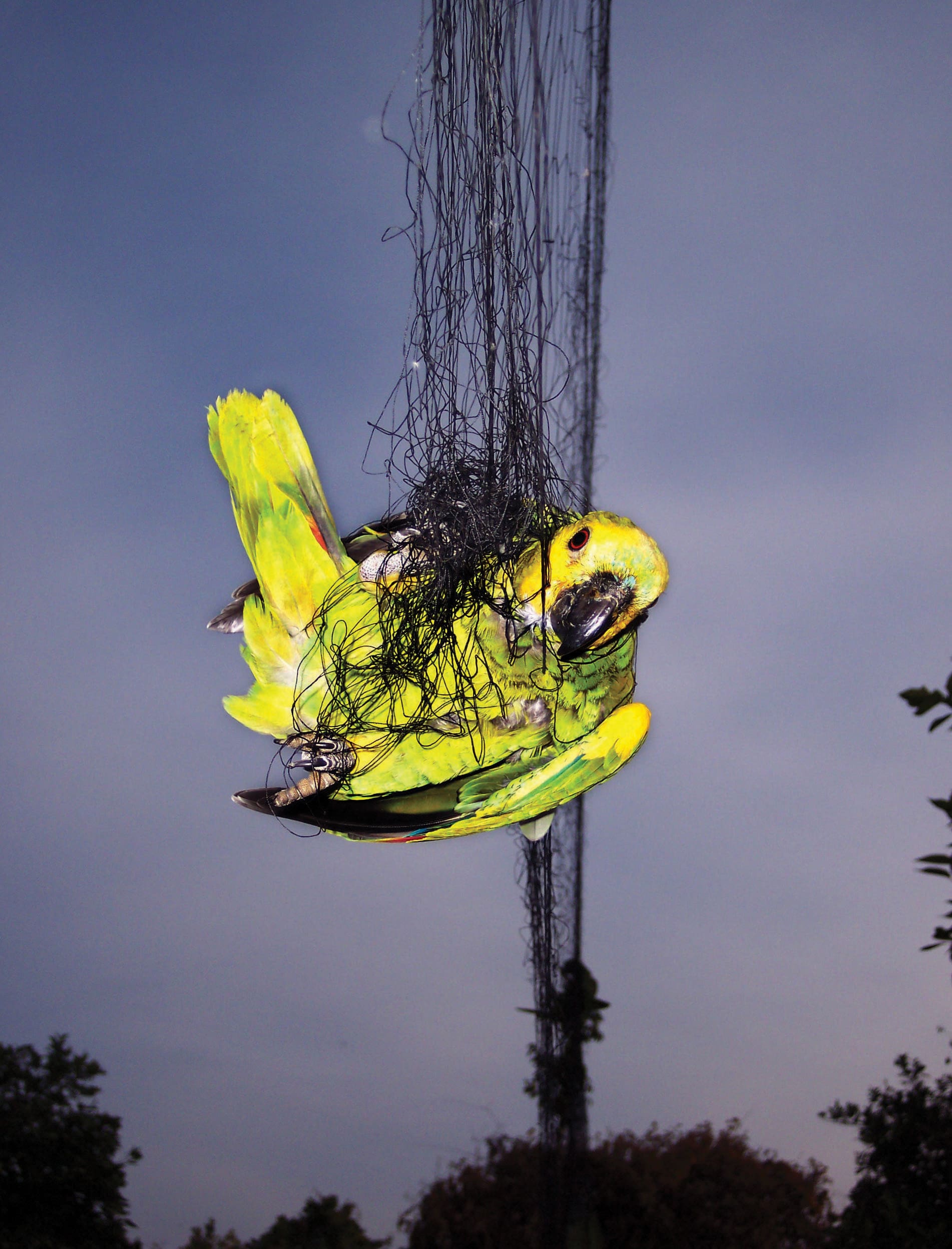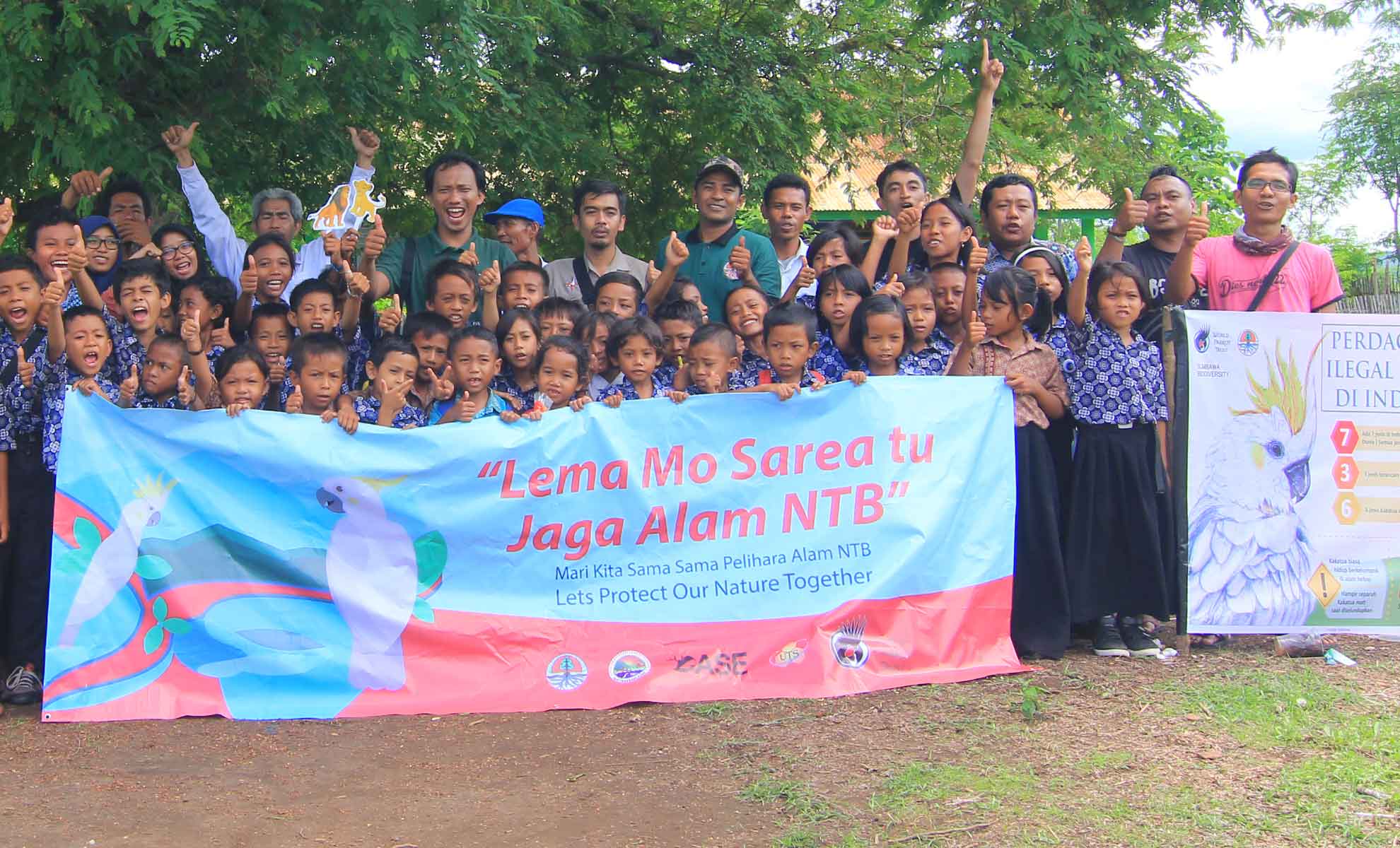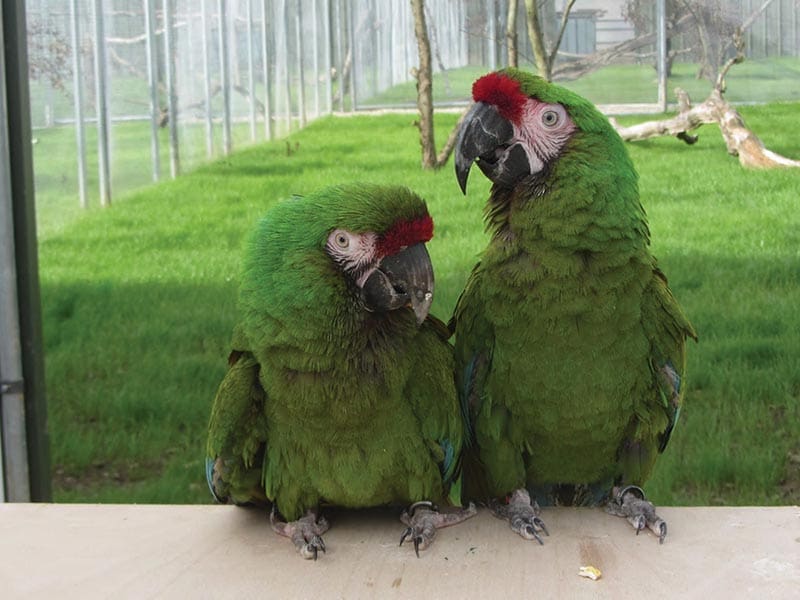How We Work
Collaboration is essential for successful conservation and research initiatives.
Protecting Parrots Together
To confront the challenges facing parrots around the world, the World Parrot Trust (WPT) collaborates with conservation and welfare experts to plan and carry out programs rooted in scientific research, field experience and proper parrot care.
WPT is dedicated to its mission of safeguarding these birds through a diversity of partnerships, including...
- Academic institutions and researchers to study parrot behaviour, ecology, and genetics to inform conservation strategies.
- Government agencies and policy makers to advocate for wildlife protection laws, regulations, and international agreements that benefit parrot conservation.
- Local communities, spreading awareness and education while developing sustainable livelihoods that are compatible with parrot conservation.
- Rescue centres, sanctuaries, and veterinary experts to care for and rehabilitate rescued parrots that have been confiscated from the illegal wildlife trade or injured in conflicts with humans.
- Funding agencies, private donors, and foundations to secure financial resources for conservation projects.
Each partnership or collaborative effort is tailored to the specific needs of the project or conservation initiative, ensuring that resources are used effectively to achieve the best outcomes for parrot conservation.
Community-Driven Conservation
The most successful conservation efforts are built on local knowledge and partnerships. WPT works closely with communities and organizations worldwide to create sustainable and locally-driven solutions to protect parrots for the long term.
- Localised Conservation: Implementing tailored strategies and community-driven, equitable solutions.
- Sustainable Partnerships: Building capacity and fostering long-term local commitments for conservation.
- Policy Shaping: Using local expertise to influence and adhere to conservation laws.
- Resource Efficiency: Using existing networks to maximise cost-efficiency and infrastructure.
- Cultural Respect: Aligning conservation efforts with local cultural practices and minimising travel impacts.
